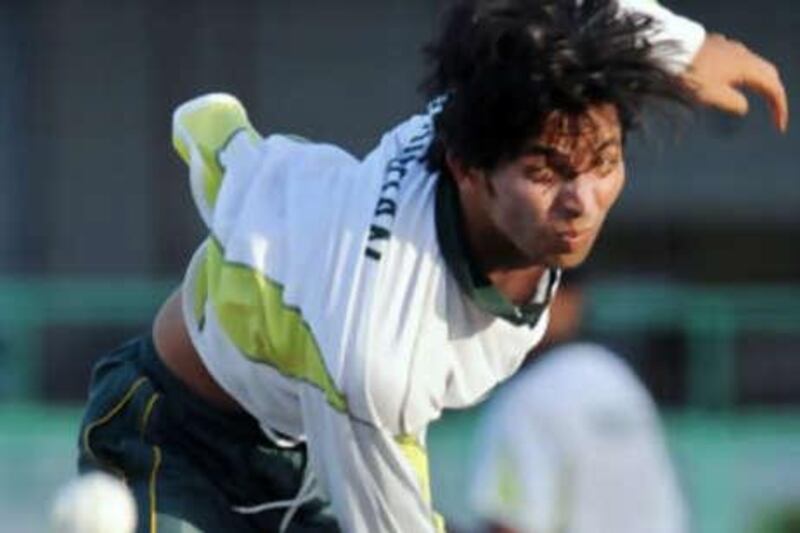The world's leading cricket playing countries meeting in Dubai this week for their annual conference have been criticised for not doing enough to tackle drug taking within the sport. The World Anti-Doping Agency (WADA) has revealed that even though the ICC has signed up to its anti drugs policy, cricketing nations themselves are not enforcing it and that this is allowing some cricketers to get away with using recreational and performance enhancing drugs.
WADA was hoping that the ICC would discuss the issue at this week's meeting but the problem with drugs in cricket is not even on the agenda. While WADA has said that it is satisfied at the testing regime within international matches, which are administered by the ICC, it believes that more effort needs to be made with domestic tournaments and fixtures. WADA is particularly concerned at that the impending increase in the number of Twenty20 tournaments and believes that organisers need to put in place stricter drug testing procedures.
Both England and the West Indies are due to play a high profile T20 series later this year while some of the world's leading cricketers will compete in the Champions League of cricket in India at the end of September. None of these tournaments are administered by the ICC. Concerns were raised at the recently completed Indian Premier League (IPL) T20 tournament over the lack of drug testing on players. Even though organisers claimed that WADA officials would test two players after each match, this rarely took place. WADA would also like to see the introduction of random drug testing in between tournaments and for out of competition testing to be introduced.
A statement from WADA said: "The ICC seems to be genuine in their efforts to deal with the doping issue. WADA is pleased with its recent meetings with ICC representatives, which indicate that the federation is quickly advancing this matter to protect the integrity of their sport and players' health. "The ICC has further steps to take, in particular in relation to their national associations. Some of these national associations are making good progress in the implementation of rigorous anti-doping rules while others still have significant efforts to make to step up to the plate.
"The ICC, who adopted the World Anti-Doping Code (the document harmonizing anti-doping rules and policies in all sports and all countries), is part of WADA's ongoing compliance report. This document, which will be released in November, will report on WADA stakeholders' compliance with the Code." Pakistan fast bowler Mohammad Asif was detained by the authorities in Dubai for almost three weeks after trying to enter the country with a banned substance.
Asif was also banned along with fellow fast bowler Shoaib Akhtar in 2006 after testing postive for nandrolone, which was later overturned by the Pakistan Cricket Board (PCB). Australian spinner Shane Warne also served a ban after testing positive. @Email:vchaudhary@thenational.ae





